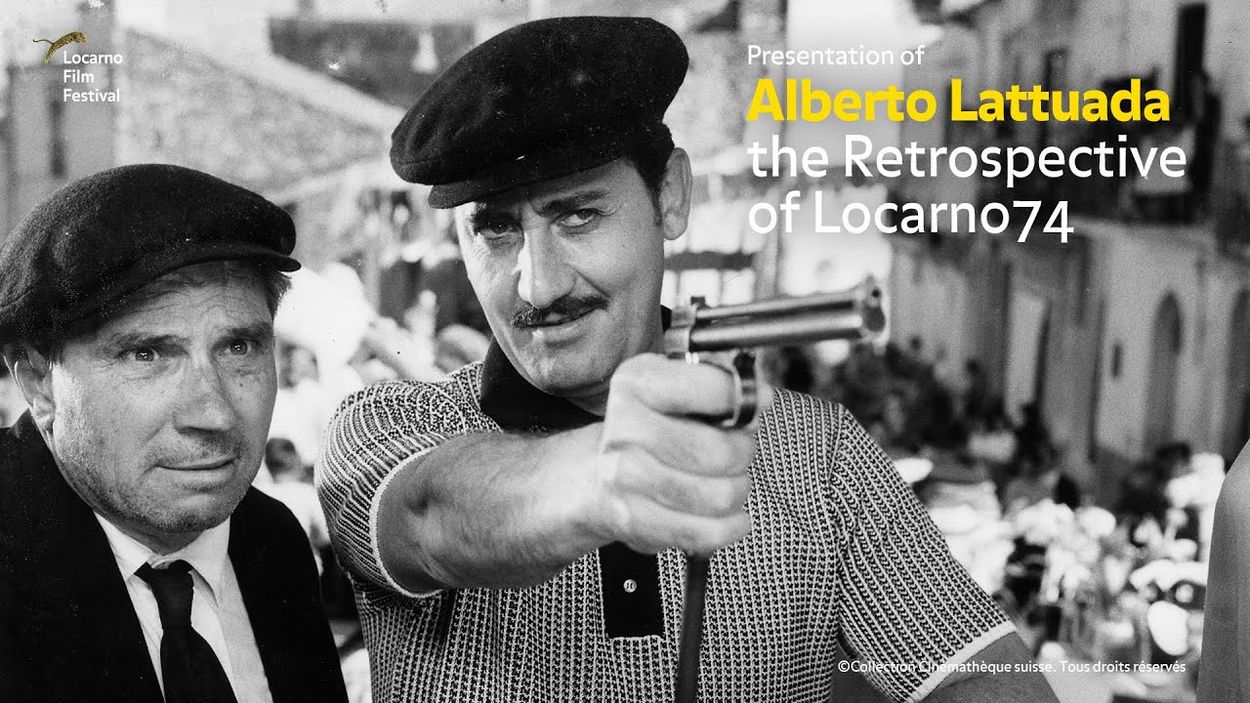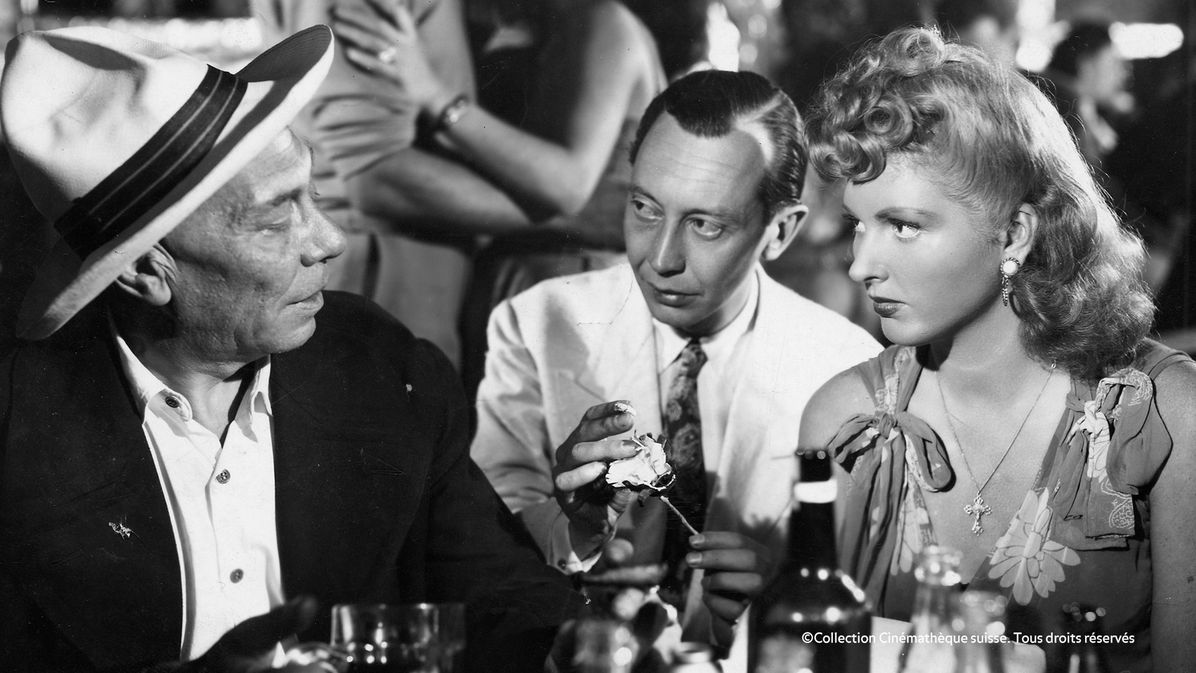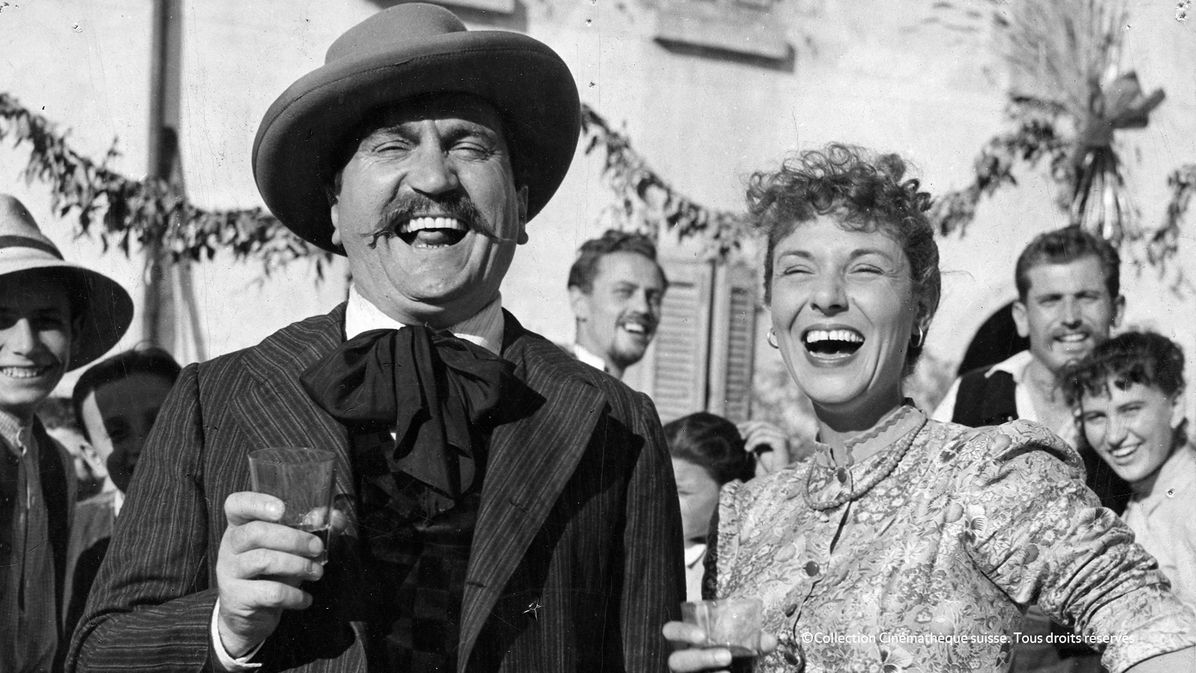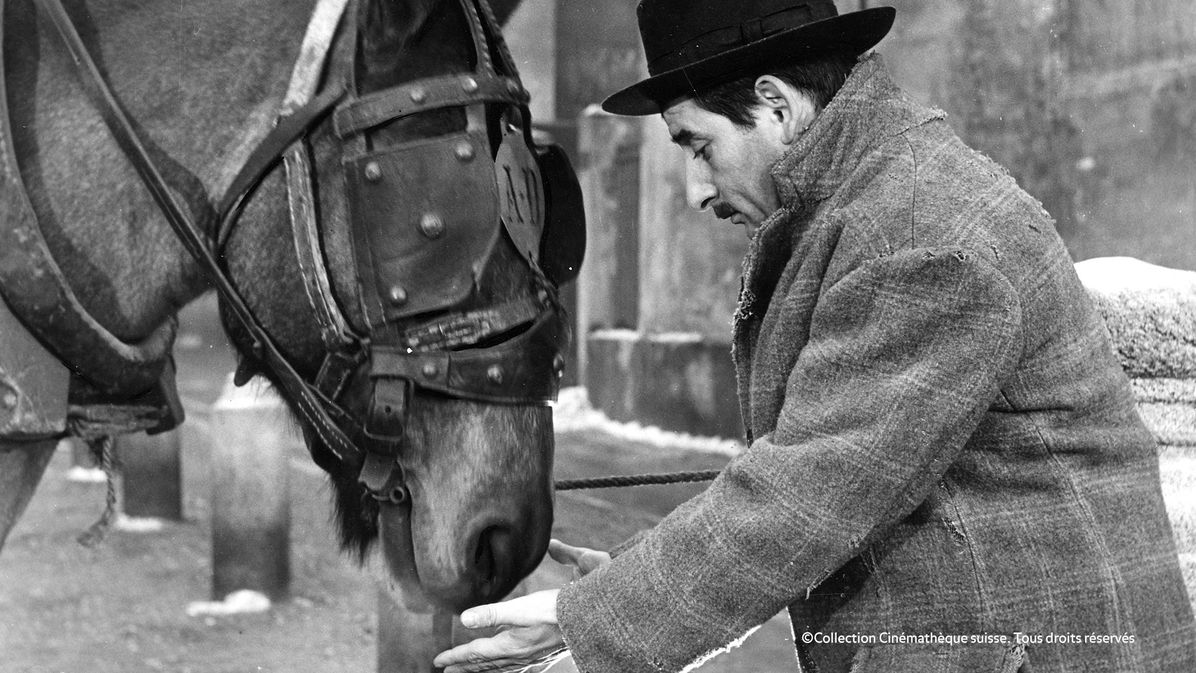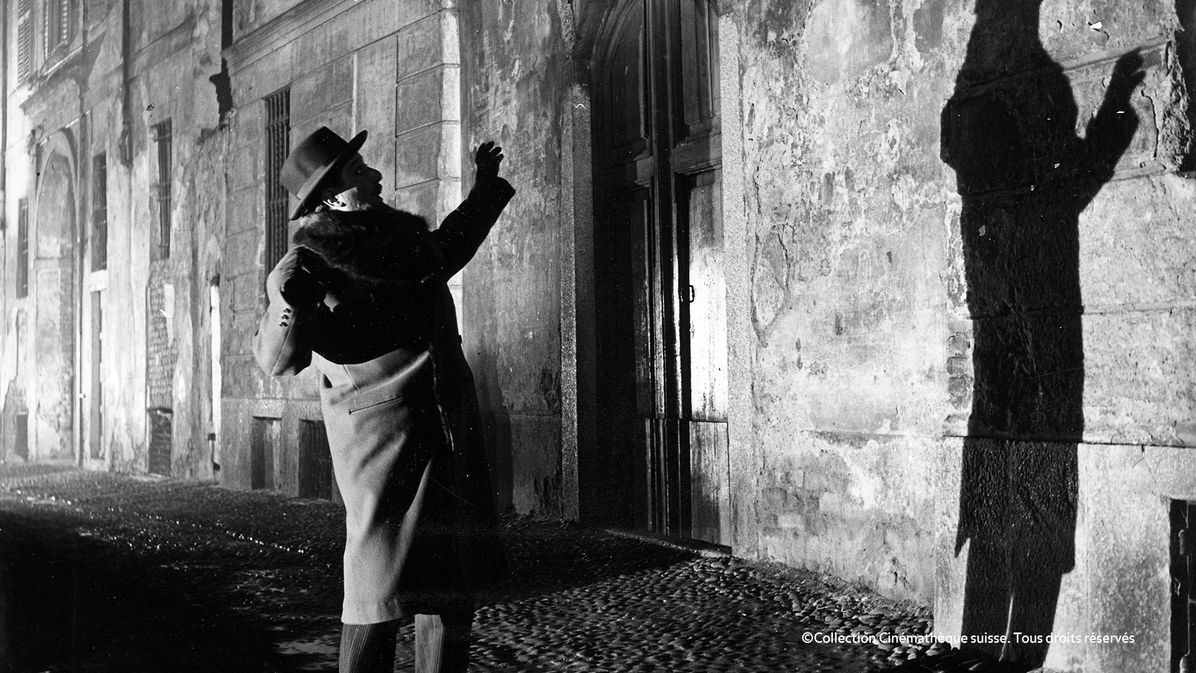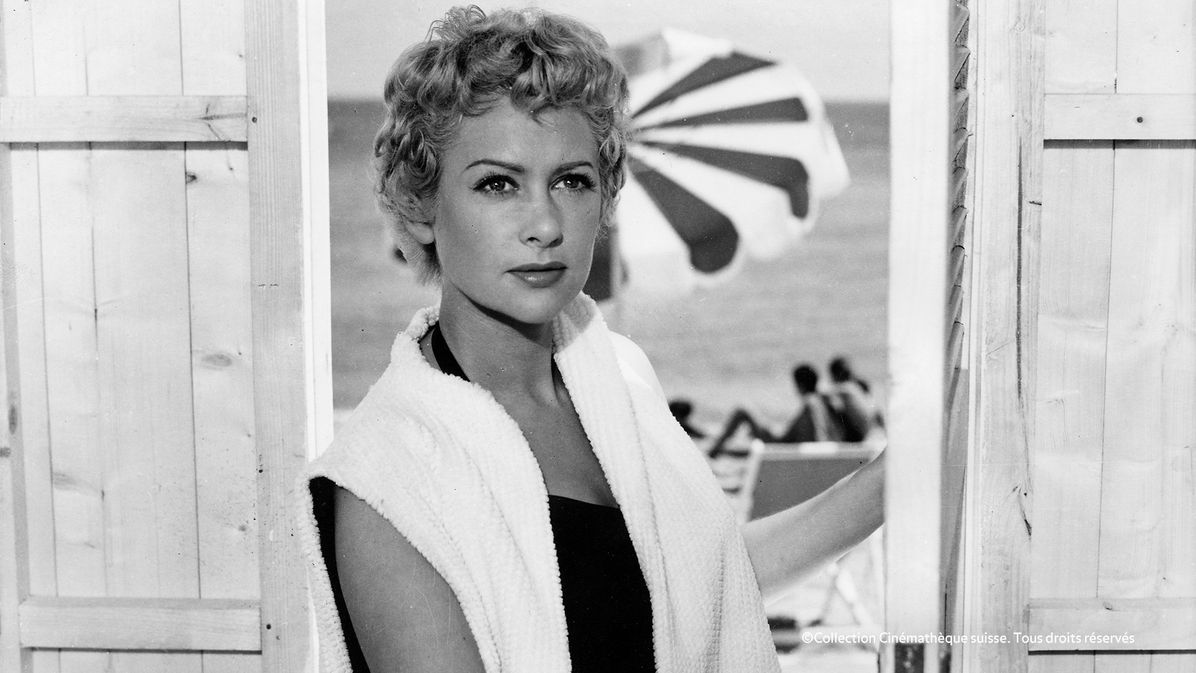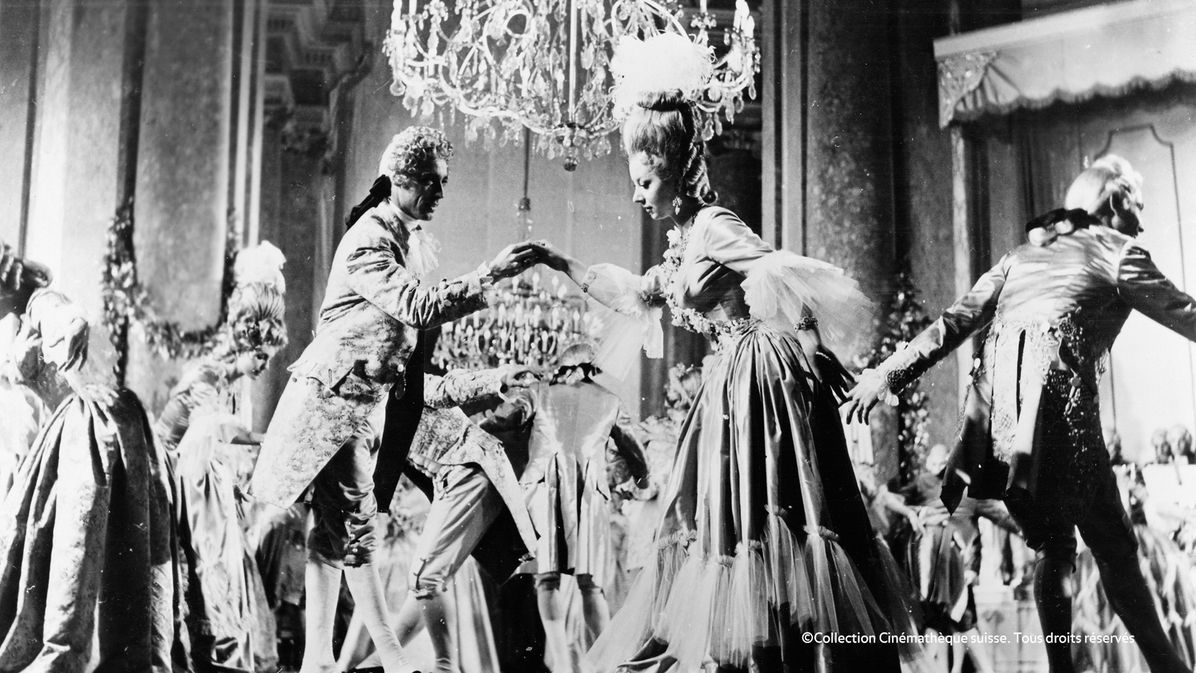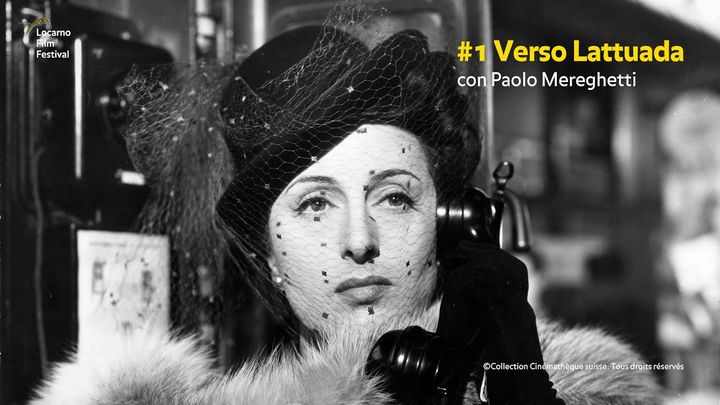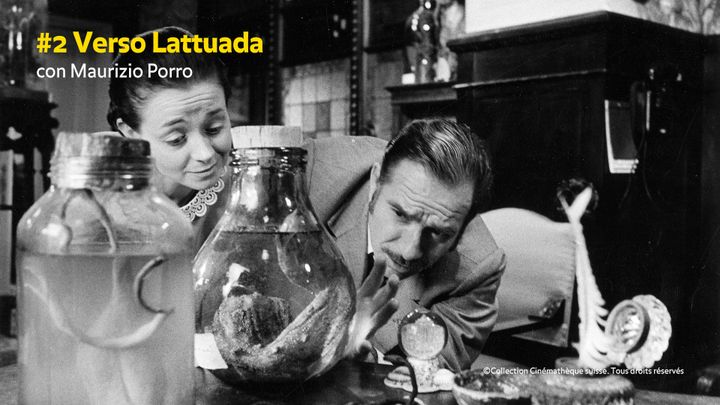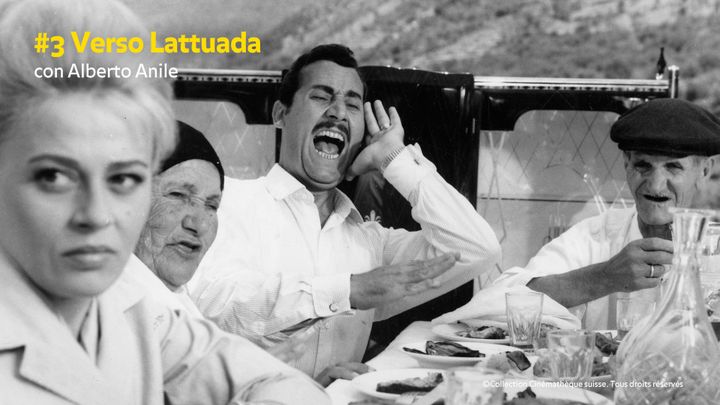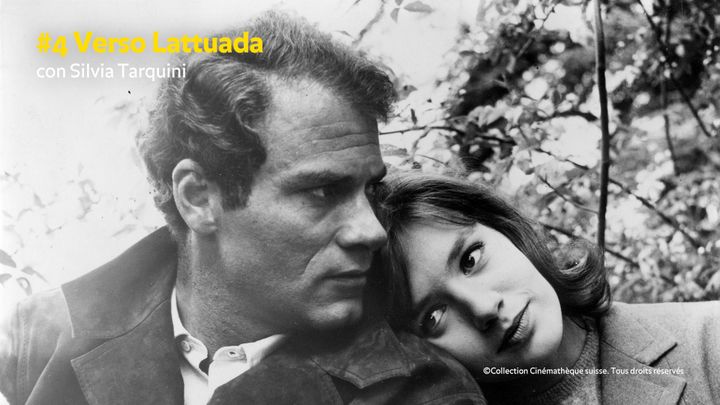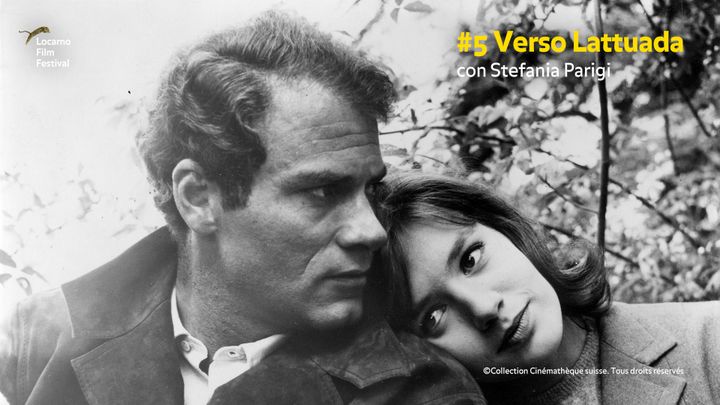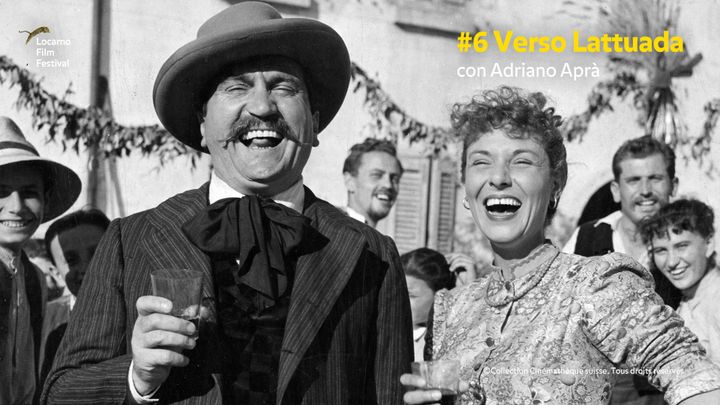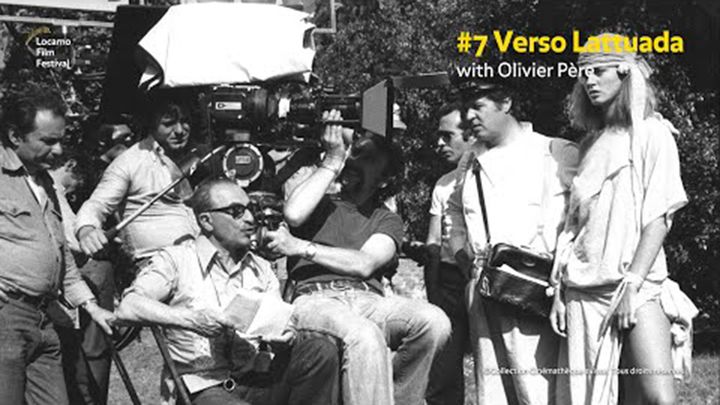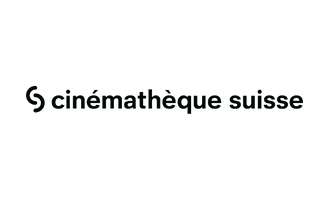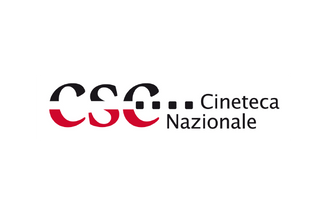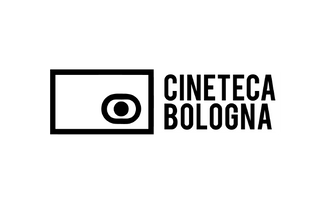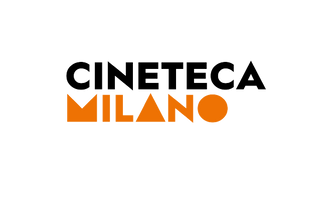Alberto Lattuada, an Italian director, screenwriter and producer, the son of composer Felice Lattuada, was born in Milan on November 13, 1914. He graduated in architecture in his native city, but soon developed an interest in photography and cinema. Building on his early experience as a film critic, he made his directing debut in 1943 with Giacomo l’idealista (Giacomo the Idealist), then turned towards Neo-Realism in the aftermath of World War II with Il bandito (The Bandit, 1946), whose female lead Carla Del Poggio later became his wife. He initially showcased his personal adherence to the movement, being open to Hollywood genre cinema's influences, particularly crime films and melodrama, as seen in Senza pietà (Without Pity, 1948). At the same time, even in literary adaptations like Il mulino del Po (The Mill on the Po, 1949), Lattuada was able to introduce his attention to individuals and their social connotations that transcended Neorealist sensitivities. In the 1950s, after co-directing Luci del varietà (The Lights of Variety, 1950) with Federico Fellini, his outlook turned more disillusioned and focused on mankind's humiliation at the hands of the economic dynamics of the time, as seen in Il cappotto (The Overcoat, 1952), La spiaggia (The Boarder, 1953) and Mafioso (1962). During that time, he also opened up to vitality and sensuality as a means of self-discovery, as with the main characters in Anna (1951), Guendalina (1957) and Dolci inganni (Sweet Deceptions, 1960).
He discovered many young acting talents, including Catherine Spaak (Dolci inganni/Sweet Deceptions, 1960) and Nastassja Kinski (Così come sei/Stay as You Are, 1978), and was a lucid portrayer of the zeitgeist in Italy during the 1970s and ’80s, with acclaimed collaborations with Ugo Tognazzi (Venga a prendere il caffè… da noi/Come Have Coffee with Us, 1970), Renato Pozzetto (Oh, Serafina!, 1976) and Virna Lisi (La cicala/The Cricket, 1980).
The ability to consistently reinvent himself in a fresh manner led Lattuada to directing other literary adaptations, period satires, thrillers, war movies and even TV productions, such as Cristoforo Colombo (Christopher Columbus,1985) and his final work, Mano rubata (1989). In 1998 he donated the contents of his personal archive to the Fondazione Cineteca Italiana in Milan, of which he had been one of the co-founders in 1947, while Carla Del Poggio donated her archive to the Cineteca di Bologna. Lattuada died in his home in Orvieto on July 3, 2005.

